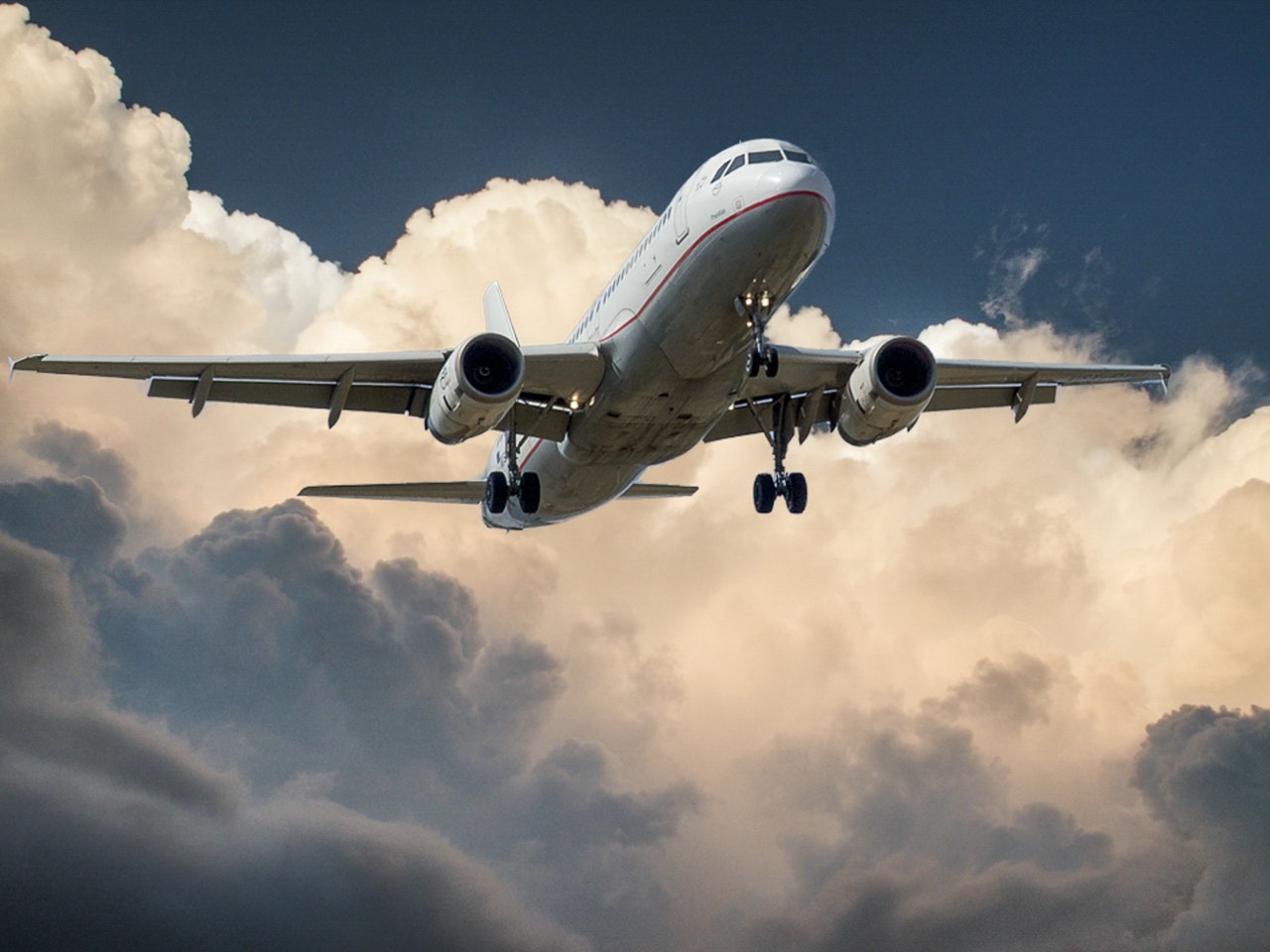“Airlines are typically not very strong at information technology,” says Pascal Buchner, chief information officer of the International Air Transport Body (IATA), the world’s airline trade association. Anyone who has had their luggage lost or a trip delayed can attest to this.
However, airlines are wagering that by investing more in technology, they will be able to rectify the situation. “We now know that data is the primary source of airline performance,” Mr Buchner says.
Data – and how all this information is analyzed – has quickly become one of the most significant variables in deciding how an airline functions well, from predictive maintenance, baggage handling, and cargo tracking to staff management and customer loyalty programs.
“A passenger may interact with up to 10 different entities during a single trip, ranging from airlines, government, ground handlers, and at least two airports,” says Jacques Demael, senior vice president of strategy and business support at SITA, an aviation-focused global IT firm headquartered in Geneva.
Mr. Demael claims that the amount of data shared across the sector has “exploded” in recent years. While passengers may not realize it, data plays an important role in ensuring a seamless trip, from communicating travel documents to monitoring baggage traffic between airports.
At St Petersburg’s Pulkovo International Airport, checked baggage is carried into a Rossiya Airlines plane. Getty Images According to SITA, the rate of baggage mishandling has been lowered in half in the last decade.
“The ability to track your bag through numerous points in the route and communicate that information… greatly minimizes the probability that your bag will be mishandled,” Mr Demael says, adding that using baggage tracking data leads to up to a 66 percent improvement rate. “As a result of these advances, the global rate of baggage mishandling has been lowered in half in the last decade.”
Despite the progress, there is still more to be done. According to a 2020 research from SITA, 25.4 million pieces of luggage were mishandled globally in 2019, costing the airline sector $2.5 billion (£1.8 billion; €2.1 billion).
The aviation sector has been devastated by the global pandemic. IATA, on the other hand, predicts that the industry will recover to 2019 levels in 2022, the same year that it is forecast to break even or profit. And, as a result of that recovery, massive volumes of data will be collected.
Real-time data allows airports and airlines to better deploy their resources, allowing gates, checkout counters, and baggage centers to be appropriately manned and unforeseen situations like weather and flight cancellations to be handled quickly.
Mr. Demael believes such data will be especially helpful to travellers in the post-Covid era. Air Canada collects and distributes data to its employees, from frontline workers to executives, using a platform designed by Sisense, a New York-based technology startup.
“We can only improve by measuring, and now we can measure in real time,” says Shaul Shalev, Air Canada’s Manager of Safety Analytics and Innovation.
Data was previously provided via e-mail, alerts, PDFs, and rudimentary dashboards. Now, thanks to modern technologies, Air Canada can quickly deliver information to staff via apps, smart watches, and even immersive 3D settings.
Mr Shalev continues, “It’s all about giving the data to the right people at the right time.” “I can’t ask a user to leave his or her day job, travel to an office, print a PDF, look at a dashboard or the necessary e-mail or bulletin, and then digest the information they require.”
With a few mouse clicks, a passenger can now access a wealth of information about the state of the Air Canada fleet that would have previously taken days to compile. The next phase, he claims, is to be able to spot issues before they happen.
“Imagine if we could tell when a part on an airplane needed to be replaced before it reaches the end of its useful life, or if we could foresee when it will fail and respond accordingly,” he says. “This already exists and is predicated on deteriorated performance over time; our technique will offer greater accuracy, allowing us to choose not only [what] to replace, but also where and when.”
Around 100 systems at American Airlines were condensed into ten to make data in the freight business considerably more manageable. More than 8,000 team members in cargo and airport operations, as well as more than 30,000 consumers, have been impacted by the technology to date.
Jessica Tyler, American Airlines’ President Cargo and Vice President Operations Innovation and Delivery, says, “We’re able to learn more from the level of data we receive based on consumer behavior, shipment performance, and any issues we have that may be repeating.”
“In many circumstances, we can spot patterns and anticipate problems before they impact the shipment’s path.”

